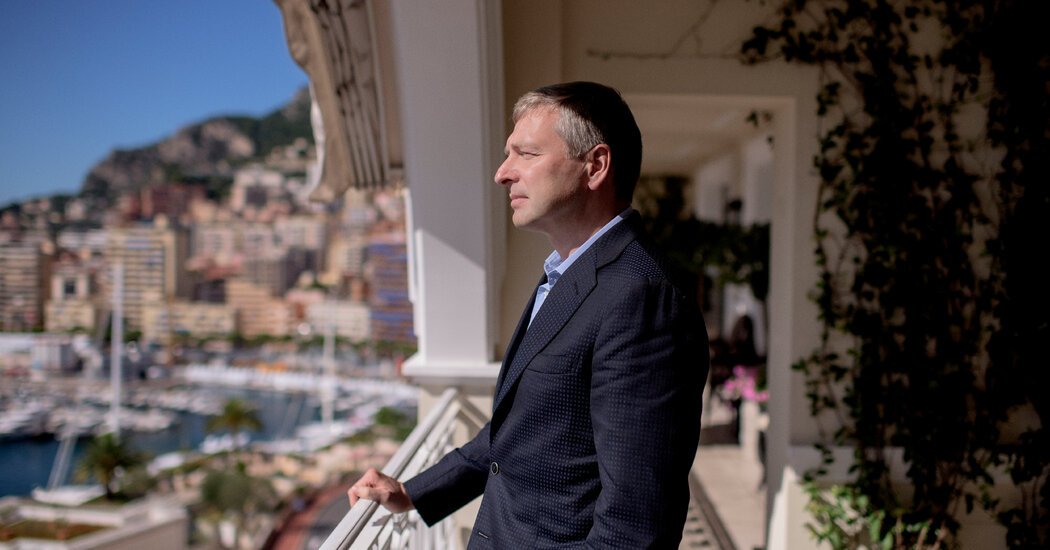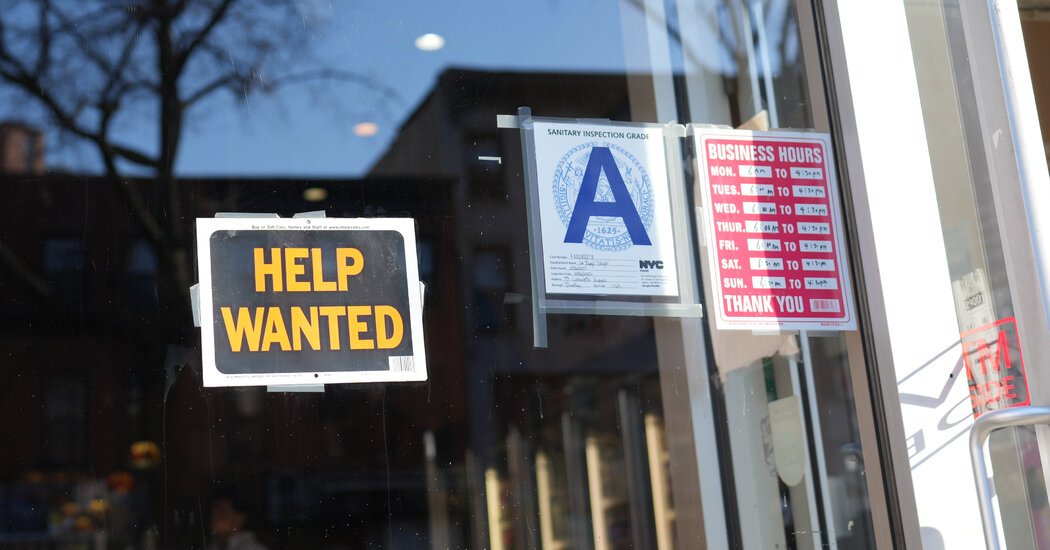When Rybolovlev bought the “Salvator Mundi,” in 2013, it had only recently been attributed to da Vinci but was already estimated to be worth tens of millions of dollars. In March of that year, Valette, the Sotheby’s representative, met Bouvier and Rybolovlev at a Central Park West apartment owned by a Rybolovlev family trust where the men inspected the painting.
In the ensuing weeks, Bouvier wrote to Rybolovlev’s aide to update him on negotiations that Judge Furman later concluded never took place. The seller, Bouvier wrote, had rejected offers of $90 million, $100 million, $120 million and $125 million, before finally accepting $127.5 million.
On May 2, 2013, Bouvier, not Rybolovlev, bought the “Mundi” through Sotheby’s by putting up a painting and cash valued at $83 million. A day later, he sold it to Rybolovlev for $127.5 million, according to court papers.
In early 2015, at a time when Rybolovlev was becoming suspicious, Bouvier asked Sotheby’s for a valuation for the “Mundi.” Valette suggested to a colleague at the auction house that they value the work at $125 million, but the colleague balked, according to the court papers.
In the end, Valette asked the colleague to change the valuation to 100 million euros, or roughly $114 million, Judge Furman found, and to edit the cover letter, “deleting any reference to Bouvier’s earlier purchase of the piece.” While the judge called attention to the alterations, and the jury will hear about them at trial, he ruled that the valuation was not evidence that Sotheby’s was complicit in fraud.
Rybolovlev later sold the work at Christie’s to a Saudi prince for $450 million, the most ever paid for an artwork at auction.
Experts say the jury trial may provide new guidelines for a more transparent art market.
“There is so much secrecy in the art world that buyers sometimes don’t know the amount of money being made by others in transactions,” said Leila A. Amineddoleh, an art and cultural heritage lawyer. “So this case will help to clarify the responsibilities and fiduciary duties owed to clients by dealers and auction houses.”








